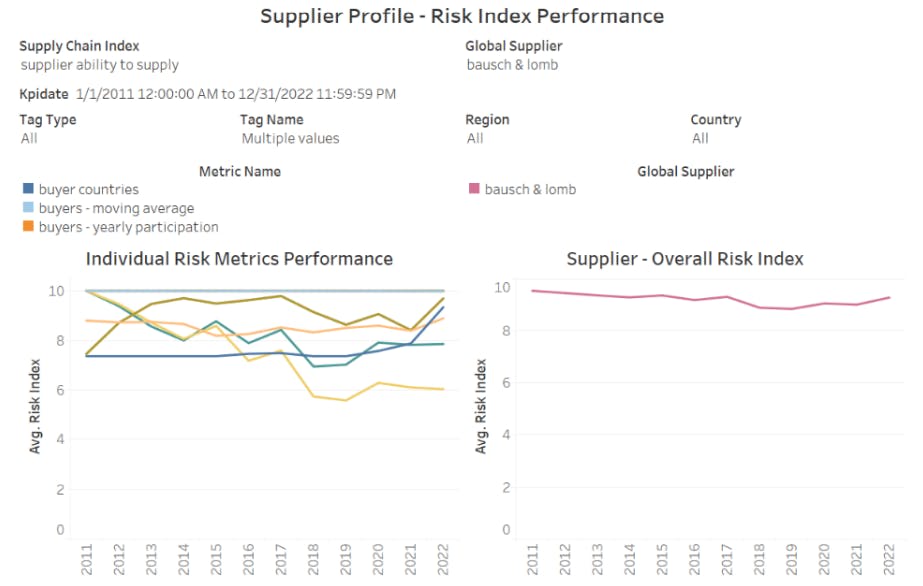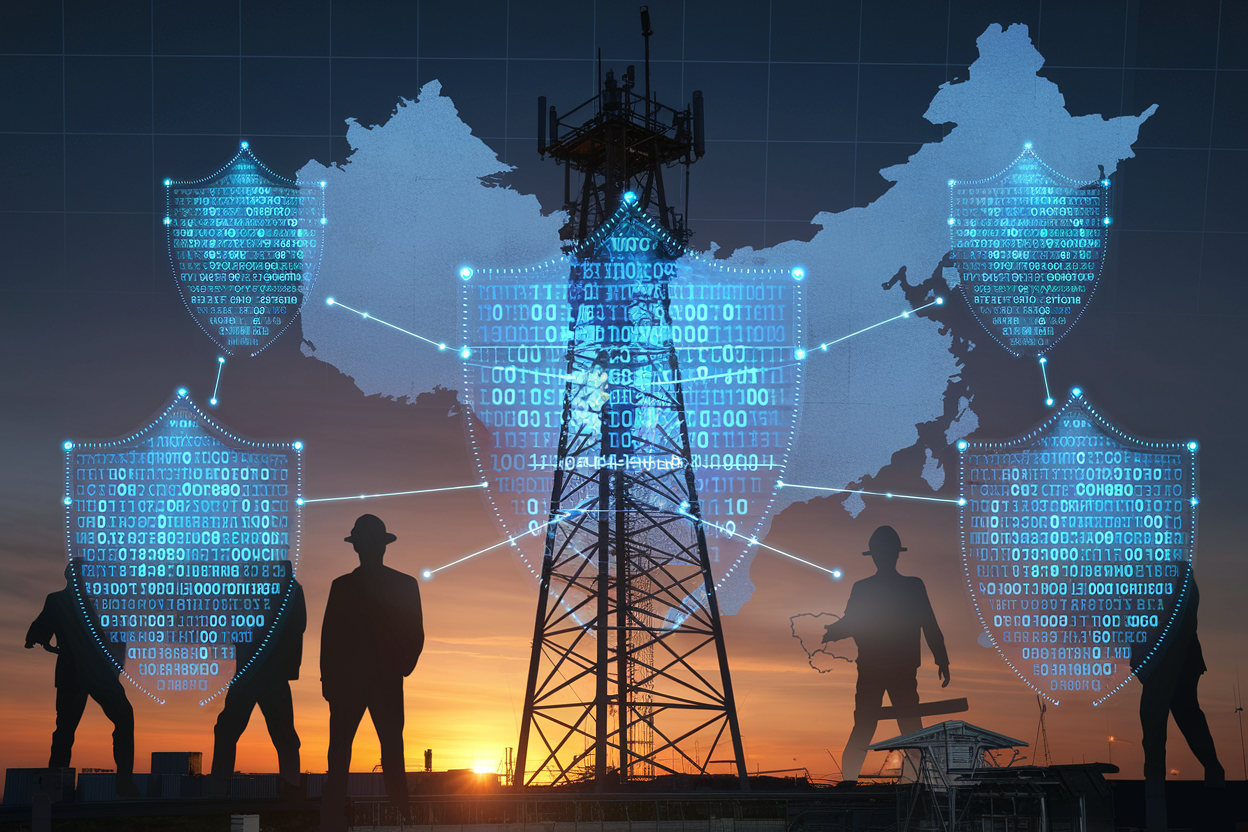-
Andy Palmer, the ‘godfather of electric cars’, explains how China took the lead in the electric car race.
-
Palmer was given the name after developing the Nissan Leaf, the world’s first mass-market electric car.
-
He said Chinese electric vehicles offer “remarkable” value for money and better battery technology than Western rivals.
The man often known as the ‘godfather of EVs’ is warning car manufacturers considering replacing electric vehicles with hybrids.
Andy Palmer, former Aston Martin CEO and Nissan chief executive, told Business Insider that delaying the move to electric cars in favor of selling hybrids was a “fool’s errand” and warned that carmakers who did so risked further to fall further behind Chinese EV companies.
The name Palmer comes from his time as Chief Operating Officer at Nissan.
He led the development of the Nissan Leaf, the world’s first mass-market electric car, which has sold more than half a million units since its launch in 2010.
“I wish I could say it was driven by a motivation to make the world a better place. But really it was driven by the Toyota Prius screwing us over,” Palmer told BI.


Rather than copy the success of the hybrid Prius, Palmer said, he pushed Nissan to build an all-electric vehicle, ultimately gaining the support of then-CEO Carlos Ghosn.
More than a decade later, he’s skeptical that automakers — including Aston Martin, the company Palmer led as CEO from 2014 to 2020 — have taken the opposite path and turned to hybrids as electric vehicle adoption has slowed.
“Hybrids are a road to hell. They are a transition strategy, and the longer you stay with that transition, the less likely you are to enter the new world,” Palmer said.
“If you simply delay the transition to electric cars by diluting it with hybrids, you will be uncompetitive for longer and allow the Chinese to continue developing their market and their leadership. I honestly think it’s a foolish endeavor,” he added.
China is racing ahead
In recent years, the automotive industry has been shaken by the booming growth of Chinese brands such as BYD, which have conquered their home market with a range of affordable and high-tech EVs and hybrids and are now rapidly expanding abroad.
“The Chinese cars are damn good. The Chinese vehicles offer remarkable value for what they deliver,” Palmer said.
“Their battery technology is class leading and they have focused very much on their software,” he said.
Palmer told BI that the success of China’s EV industry was due to the country’s long-standing industrial strategy.
A study shows that the Chinese government has spent at least $230 billion on subsidies for EV manufacturers since 2009.
Palmer, who previously served on the board of directors of Dongfeng Motor Company, a joint venture between Nissan and Chinese state-owned automaker Dongfeng, said he saw firsthand how aggressive China’s EV strategy was.
“The edict (from the Chinese government) was to switch to new energy vehicles,” he said.
“It starts with an industrial strategy. That’s the most important thing we have to learn. For the better part of 14 years we haven’t had an industrial strategy,” Palmer added.


Both the US and Europe have responded to the rise of Chinese automakers by imposing tariffs aimed at protecting their own auto industries, but Palmer said tariffs would only undermine the ability of Western companies to compete with their Chinese rivals would harm.
“My experience with tariffs is that it just makes your indigenous industry lazy. The gap is getting even wider,” he said.
Instead, he argued that automakers should prepare for a “survival of the fittest” battle with Chinese automakers, especially in Europe, where companies like BYD and Xpeng have ambitious expansion plans.
“I think the Chinese companies will learn from the competition in Europe because that is the toughest market in the world. If they can do that, they will be unbeatable,” Palmer said.
Japanese automakers are stumbling
The rising growth of China’s EV giants has put heavy pressure on Palmer’s former employer Nissan and its Japanese rivals Toyota and Honda.
Nissan announced it would lay off 9,000 workers in November, while both Toyota and Honda face declining sales in China and declining profits. In December it was reported that Nissan and Honda were in merger talks.
Palmer said that while Toyota’s decision to focus on hybrids initially paid off, it had exposed Toyota and other Japanese automakers as key markets, such as China, that are rapidly transitioning to electric vehicles.
“Toyota has brought Japan’s industry to an impasse from which it will be difficult to recover,” he said.
The former Nissan executive said his old company had shot itself in the foot and squandered a promising range of electric vehicles and a decade’s lead in EV technology.
“At my last board meeting in July 2014, I was very attacked by the bean counters who said, these things aren’t making money, we’re moving too fast. In that meeting I won the day, but I left the company,” Palmer said.
“Nissan now finds itself with a very poor product offering and no clear leadership in electric vehicles, and that is the direct result of poor management,” he said.
How to get EVs moving again
The past year has been tough for electric vehicles. Although sales are still growing, the pace of adoption is slower than expected, causing automakers around the world to scale back investments.
According to Palmer, the reason some consumers have proven reluctant to go electric is simple: electric vehicles are too expensive.
“Prices have to match those of combustion engines. And to make that possible, you have to be able to offer cars with smaller batteries,” Palmer said.
According to Kelley Blue Book, the average price of an electric vehicle in the U.S. in October was $56,902, compared to $48,623 for gas-powered vehicles.
Palmer said the sale of cheaper vehicles with smaller batteries and less range would require governments to boost the rollout of charging networks to ease range concerns.
He added that the West could learn from China’s approach to industrial strategy – especially when it comes to batteries, an industry that China dominates.
“If the West wants to catch up, I would argue for copying the Chinese,” Palmer said.
“The alternative is that everything is Chinese at the moment – even if you built your own battery cells, you still have to source all the minerals from China,” he said. “The entire supply chain is stuck.”
Read the original article on Business Insider










